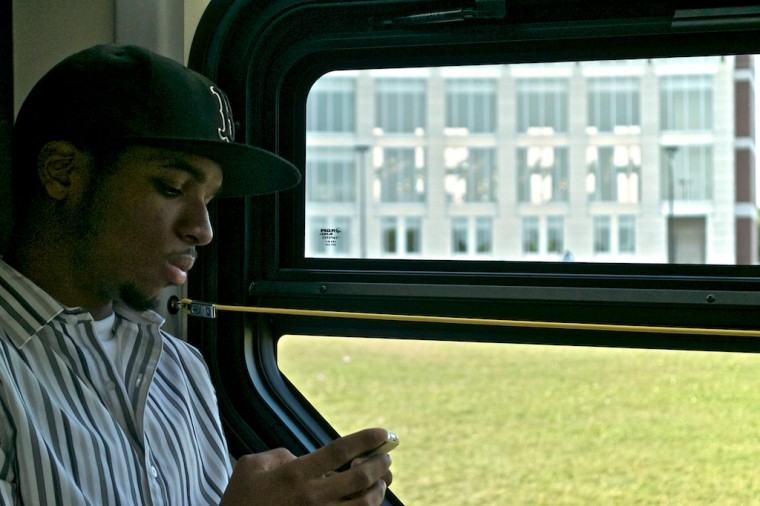There’s a lingering question at UMass Boston: do we want to be a commuter campus or not? Before this summer, my answer would have been a resounding “yes.” There were a couple of reasons for my answer: I can get to school very easily from my parents’ house and, by avoiding the cost of living in dorms, I’m going to save myself from about $20,000 to $30,000 in debt.
As an eager transfer student, I was happy not to have to deal with the social challenges of traditional undergraduate dorm life. I was looking forward to an academically focused environment for students whose primary goal is learning. Who needs dorms, right?
Now that I’ve become more involved on campus, I find myself questioning my original beliefs.
Over the summer, I worked as an intern for Campus Kitchens at UMass Boston. It’s a nonprofit organization that serves meals to youth in the Dorchester area. Sadly, we had trouble finding consistent volunteers for the program. This was partly because the UMass chapter is only two years old and there are far fewer students who attend the summer sessions. Another reason though, I believe, was a lack of communication and coherence among the student body.
UMass Boston does not exactly have the best so-called “student life” to offer. It’s no fault of those who work to provide the best campus experience possible, but rather our disconnectedness is simply a product of the structure of our school and the demographics of our students. Many students are “nontraditional” – they’re older, working full time, taking care of families, or commuting from their parents’ houses. These “nontraditional” situations make becoming engaged in campus clubs and activities logistically difficult.
When students have a weak physical connection to campus, coupled with serious responsibilities outside school, campus involvement can seem to be more of a hassle than anything else.
Some students may be perfectly content with taking the classes they need to graduate and then going home. But as a student who wants to be included in this community, I am not. I wish that I had been offered as many opportunities as the freshmen. I think opportunities like the Freshmen Leadership Institute, and their more engaged and active orientation program, are very beneficial for new students.
Perhaps my issue is that I’m fairly new on campus. Even on our relatively small campus, I find myself getting lost trying to find all the various departments and advisors that I need to see. I get even when I try to find all the locations for extracurricular activities. Then again, these experiences may be common for all new students at any given university
On a different note, readers, how many of you ever even knew that there was a Campus Kitchen, or an Animal Rights Club? You could place the blame on the organizers and the club leaders for not advertising sufficiently. But how many of us actually read the emails about campus events? How many of us stop to look at every single poster in the hallway? If we stood outside and shouted the exact time and place of our events, how many would listen? These things tend to spread best through word-of-mouth, but in what physical location on campus are we encouraged to socialize with our fellow students?
In that respect, at least, I support the controversial 25-Year Master Plan. The plan will build a common space for students to hang out, compare notes, and make connections. Until then, we have got to find a more central and direct method of communication between students. This might help to facilitate the full integration of those of us who just don’t have time for a student life scavenger hunt.





















































